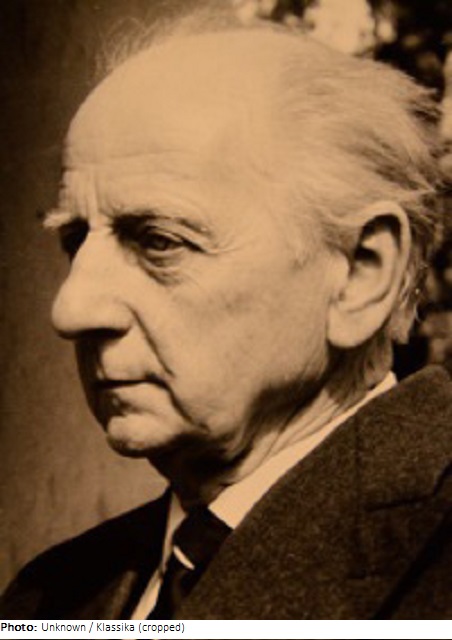
| Roles | Referee |
|---|---|
| Sex | Male |
| Full name | Hermann Emil Alfred Max•Trapp |
| Used name | Max•Trapp |
| Born | 1 November 1887 in Berlin, Berlin (GER) |
| Died | 31 May 1971 (aged 83 years 6 months 30 days) in West-Berlin, Berlin (GER) |
| NOC |  Germany Germany |
Max Trapp studied piano and composition at the music faculty of the Berlin University of the Arts from 1905-11. At first, he performed as a pianist without a permanent position. From 1920-34, he was a lecturer at the piano faculty at Berlin University, and from 1926 as professor. At the Dortmund Municipal Conservatory, he also taught concurrently a master class in composition (1924-30). In 1929, he became a member of the Prussian Academy of Arts in Berlin, where he was in charge of a master class in composition from 1934 until the end of the war.
In 1932, Trapp became a member of the Nazi-party NSDAP and chairman of the music group in the völkisch-minded, anti-Semitic “Kampfbund für deutsche Kultur” (Militant League for German Culture). Two years later, he became honorary chairman of the “Arbeitskreis nationalsozialistischer Komponisten” (Working Group of National Socialist Composers) and a member of the Prussian Academy of Arts. In 1940, he not only received the National Prize for Music, but also the Grand Composition Prize. In 1944, he was included by Hitler in the Gottbegnadeten (God-gifted) list of the most important composers.
After World War 2, Trapp taught at the Berlin Municipal Conservatory from 1950 to 1953. In 1955 he was elected a member of the Berlin Academy of Arts. Trapp’s style was neoclassical with a strong polyphonic structure in the tradition of Max Reger (1873-1916). He composed orchestral, chamber, and piano music, including seven symphonies, choral works, incidental music, and various songs. In 1938, his Cello Concerto was premiered at the Reich Music Days in Düsseldorf. He was also active as a landscape painter.
| Games | Sport (Discipline) / Event | NOC / Team | Phase | Unit | Role | As | |
|---|---|---|---|---|---|---|---|
| 1936 Summer Olympics | Art Competitions |  GER GER |
Max Trapp | ||||
| Music, Compositions For Orchestra, Open (Olympic) | Final Standings | Judge | |||||
| Music, Compositions For Solo Or Chorus, Open (Olympic) | Final Standings | Judge | |||||
| Music, Instrumental And Chamber, Open (Olympic) | Final Standings | Judge |